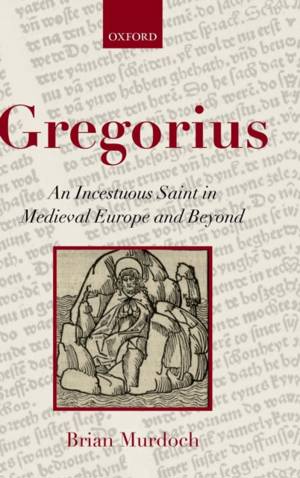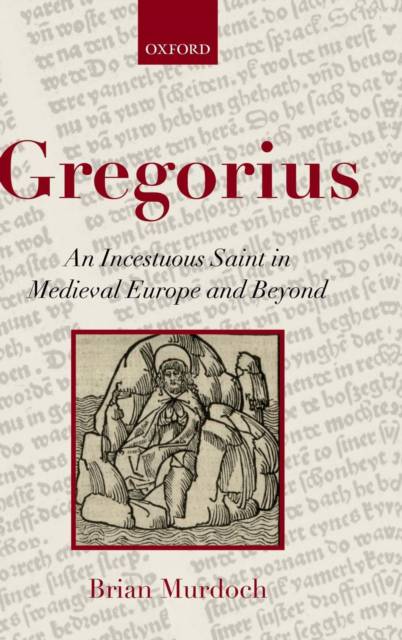
- Afhalen na 1 uur in een winkel met voorraad
- Gratis thuislevering in België vanaf € 30
- Ruim aanbod met 7 miljoen producten
- Afhalen na 1 uur in een winkel met voorraad
- Gratis thuislevering in België vanaf € 30
- Ruim aanbod met 7 miljoen producten
Zoeken
€ 209,45
+ 418 punten
Omschrijving
The story of the apocryphal pope and saint Gregorius was extremely popular throughout the middle ages and later in Europe and beyond. In a memorable narrative Gregorius is born from an incestuous relationship between a noble brother and sister, and is set out to sea with (unspecific) details of his origin. He is found and brought up by an abbot, but when revealed as a foundling leaves as a knight to seek his origins; he rescues his mother's land from attack, and marries her. On discovering his sin he undertakes years of penance on a rocky islet, which he survives miraculously. An angel sends emissaries from Rome to find him after the death of the pope, the key to his shackles is equally miraculously discovered, and he becomes pope. This hagiographical romance is not a variation upon Oedipus; it uses the invisible sin of incest as a parallel both for original sin (the sin of Adam and Eve) and for actual sin. It combines the universal theme of the quest for identity with the problem not of guilt as such, which is inevitable, but of how sinful humanity can cope with it. Brian Murdoch traces the story's probable origins in medieval England or France, and its later appearance in versions from Iceland and Ireland to Iraq and Egypt, in verse and prose, in full-scale literary forms or in much-reduced folktales, in theological as well as secular contexts, down to Thomas Mann and beyond.
Specificaties
Betrokkenen
- Auteur(s):
- Uitgeverij:
Inhoud
- Aantal bladzijden:
- 270
- Taal:
- Engels
Eigenschappen
- Productcode (EAN):
- 9780199596409
- Verschijningsdatum:
- 25/11/2012
- Uitvoering:
- Hardcover
- Formaat:
- Genaaid
- Afmetingen:
- 155 mm x 236 mm
- Gewicht:
- 544 g

Alleen bij Standaard Boekhandel
+ 418 punten op je klantenkaart van Standaard Boekhandel
Beoordelingen
We publiceren alleen reviews die voldoen aan de voorwaarden voor reviews. Bekijk onze voorwaarden voor reviews.











